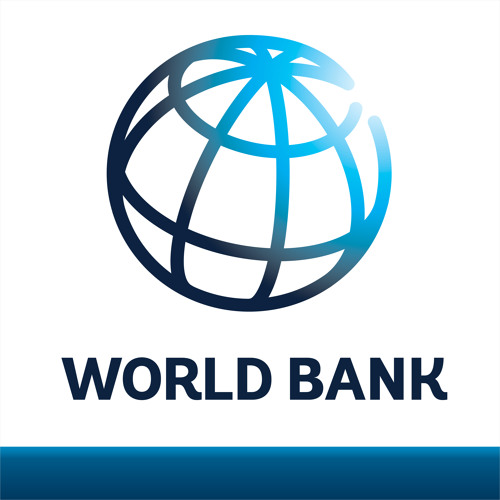THE introduction of five days of paid maternity leave and the increase in duration of paid maternity leave from 84 to 98 days as per the Employment Relations (Budget Amendment) Act 2018 has put Fiji among the top 15 global improvers, according to a study by the World Bank.
The study, Women Business and the Law 2020, measures 190 economies, tracking how laws affect women at different stages in their working lives and focusing on those laws applicable in the main business city.
It also covers reforms in eight areas that are associated with women’s economic empowerment, conducted from June 2017 to September 2019.
According to the report Fiji scored 79.4, up 5 points since last year.
Of the region’s twenty-five economies, four introduced reforms affecting the areas measured in the past two years.
The average score for the East Asia and Pacific region is 71.3, almost 4 points below the global average score of 75.2.
“Legal rights for women are both the right thing to do and good from an economic perspective. When women can move more freely, work outside the home and manage assets, they are more likely to join the workforce and help strengthen their country’s economies,” said World Bank Group president David Malpass.
“We stand ready to help until every woman can move through her life without facing legal barriers to her success.”
According to the World Bank the areas of workplace and marriage saw many reforms, especially in the enactment of laws that protect women from violence.
It said in the past two years, eight economies enacted legislation on domestic violence for the first time while seven economies now had new legal protections against sexual harassment in employment.
Meanwhile 12 economies improved their laws in the area of pay, removing restrictions on the industries, jobs and hours that women can work.
It said globally, the most frequent reforms were in areas related to parenthood, with 16 economies enacting positive changes whereby the reforms included expansion of the amount of paid maternity leave available to mothers, introduction of paid paternity leave and prohibition of dismissal of pregnant employees.
According to the report the regulatory environment for women’s economic participation has improved over the past two years, with 40 economies enacting 62 reforms that will help women – half the world’s population – realise their potential and contribute to economic growth and development.
Mr Malpass said still, the results are uneven — high-income countries tended to have the best scores, leaving women in many countries with only a fraction of the rights of men.
He said that’s not acceptable because women should be as free as men to travel.
“They should be paid the same as men for work of equal value. They shouldn’t face gender discrimination when applying for a loan or starting a business, and they should have the same rights to property and inheritance as men. Legal rights for women are both the right thing to do and good from an economic perspective,” he said.
According to Mr Malpass research shows clearly that reforms and policies that empower women boost economic growth.
He said when women could move more freely, work outside the home and manage assets, they’re more likely to join the workforce and strengthen the economy.
This year’s study has been expanded to cover the past 50 years — over that period, important progress was made in closing the gender gap, as women increasingly entered the workforce and started businesses.
The gains were especially dramatic in the ability of women to start a job.
He said unfortunately, gender barriers persist, and laws and regulations continue to restrict persist, and laws and regulations continue to restrict women’s economic decision making and employment prospects. According to the World Bank,
this year, the project explores the relationship between women’s empowerment and economic outcomes.
It said Women, Business and the Law 2020 found that over time, reforms increasing women’s equality of opportunity contributed to more successful economies, higher female labour force participation, and better development
outcomes.
The report highlighted that over the past two years, 40 economies from all regions and incomegroups have made women’s economic empowerment a priority
by executing 62 reforms facilitating women’s entry into the workforce.
Such reforms allow governments to cultivate a business environment that benefits women entrepreneurs and employees, enhancing economic productivity and accelerating development.




